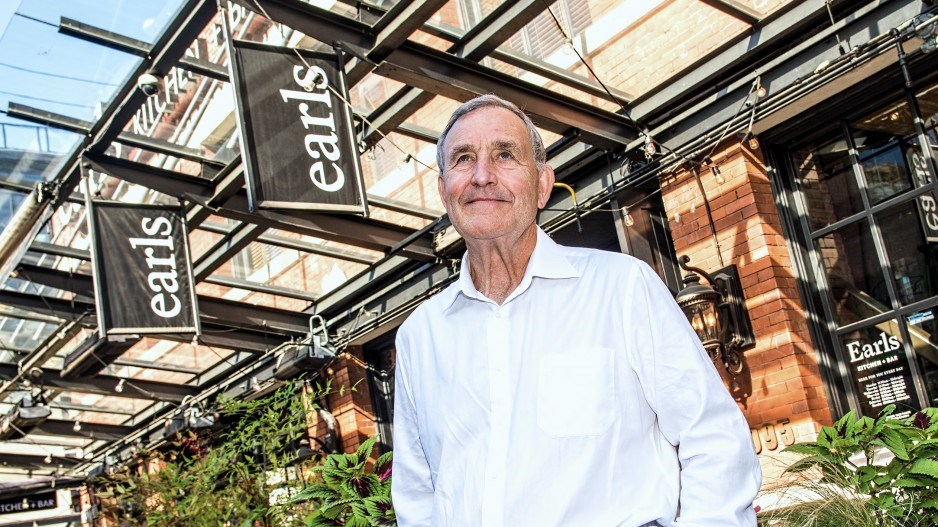Landslides and water erosion prompting collapses on B.C. highways and rail lines that connect the coast to the rest of the country has broken supply chains in a wide range of business sectors.
Restaurant chains with operations across Western Canada have already started preparing for shortages by transporting products from Alberta eateries to B.C. regions, such as the Okanagan.
"It's a nightmare," said Earls CEO Stan Fuller.
"We can't get supplies to our people in the small communities because the highways are washed out so we're having to supply places like Kelowna, from Calgary."
Earls has 20 restaurants in B.C., 25 in Alberta and dozens of others in the rest of Canada and the U.S.
Much of the food served at Earls' Western Canadian restaurants comes through the Port of Vancouver, where container shipping is closed at the moment, Fuller said.
He said he is not sure exactly which products will run out first, but that that there will likely be "random" outages for products depending on where they are manufactured.
"One thing you can say about the hospitality industry is that we've had a rough ride for the last two years, and we've learned how to be very versatile in the face of adversity," Fuller said. "There may be a few items, menu items, that we can't offer but we will be open."
The Keg CEO David Aisenstat told BIV that his restaurants have yet to experience any supply shortages and that he is thankful that suppliers such as Sysco Canada and Molson Coors have been able to shift distribution to include deliveries to B.C. restaurants from Alberta.
The Keg has relationships with many different suppliers, and a lot of those producers supply product to Sysco Canada to redistribute to The Keg's restaurants, Aisenstat said.
"It's been a bit of a pain to be honest – dealing with it, but our suppliers have been great," he said.
Business at The Keg's restaurants across North America has returned to 2019 levels, with the biggest business bump being in suburbs, he added. Locations in downtown areas remain a bit less vibrant as many workers have still not returned to offices full-time, he said.
British Columbia Restaurant and Foodservices Association CEO Ian Tostenson told BIV that supply-chain obstacles have been a challenge for the province's restaurants for many months.
Closed transportation routes will only make those challenges worse.
"For supply chains in the Interior, it will be a problem," he said. "It already was a problem but it will be exaccerbated."
Some good news is that Highway 7 has reopened, although so far that has only been for west-bound traffic, which includes hundreds of people who have been stranded in Hope for days.



